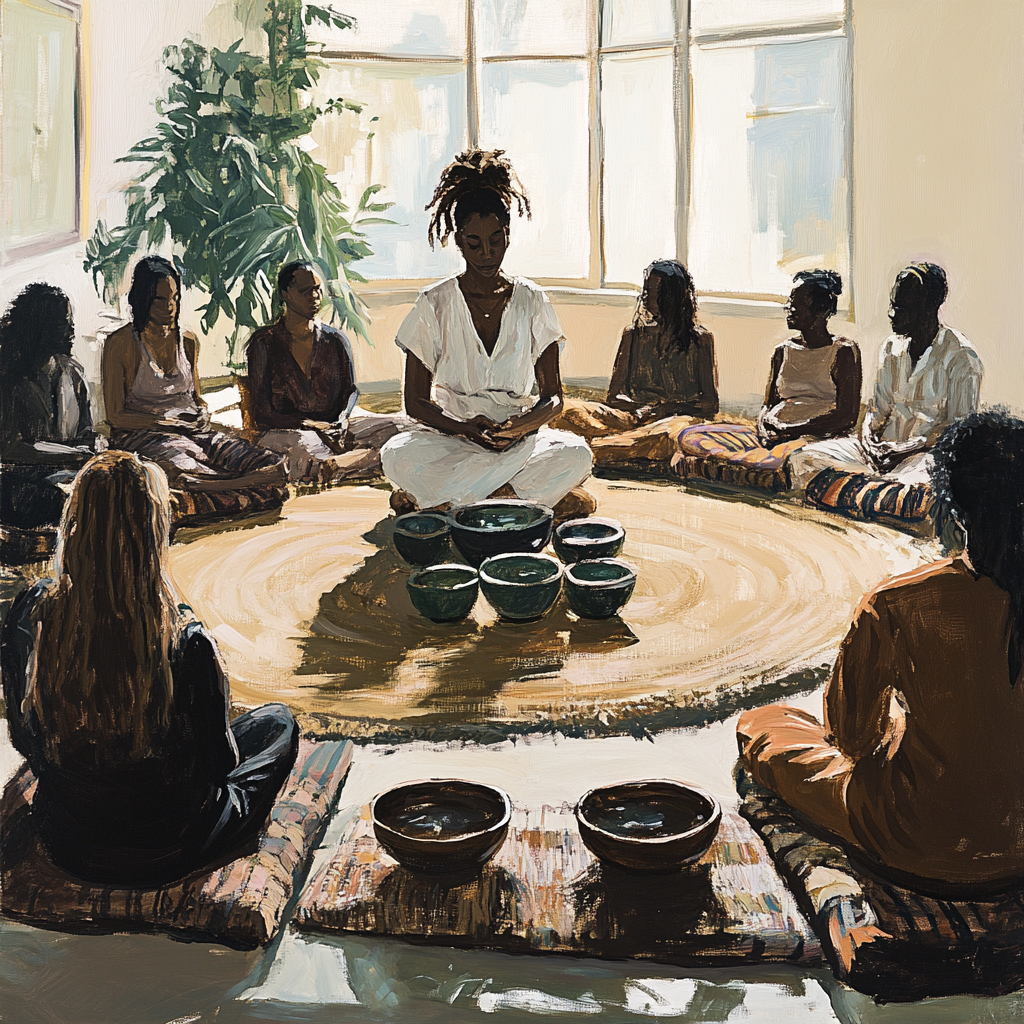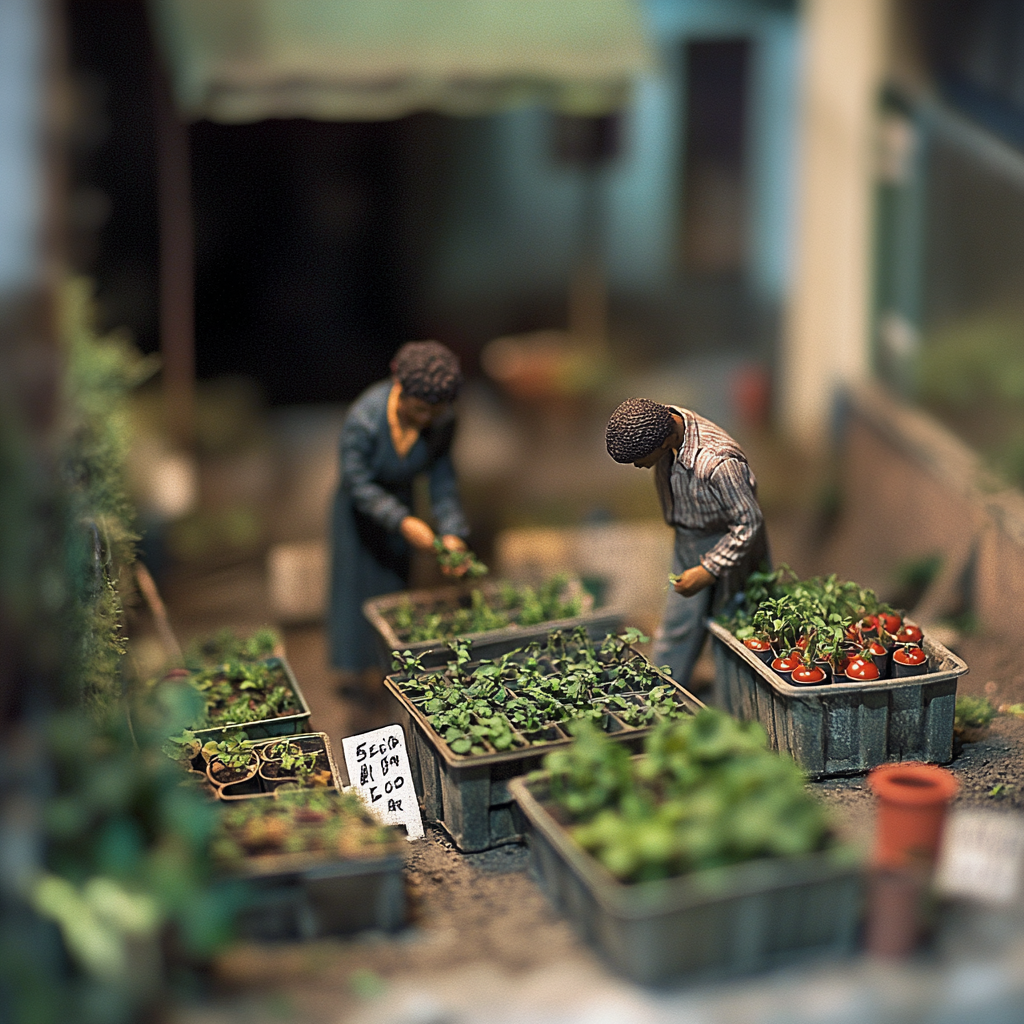
Community Healers
A friendly guide for anyone who wants community work to begin with trauma-informed care; care for self, for neighbors, and for the place we share.
What is a Healer?
A Healer notices the human temperature of a group. You don’t hand out diagnoses or play therapist. You simply help the room slow down long enough to breathe, listen, and notice when stress or hurt is blocking progress. Often it’s as simple as asking, “Would a two-minute stretch help right now?”
Why Healing Comes First
Energy is limited
Launching a tenant union or worker co-op can feel like sprinting a marathon. Healing habits turn frantic bursts of effort into a steady pace.
Trust fuels teamwork
Sharing money and decisions is hard if old wounds linger. Scheduled moments of reflection create a baseline of respect.
Stress isn’t equal
Marginalized neighbors carry heavier loads. Centering healing levels the field so every voice can enter the conversation with dignity.
Healing with My Realest State
-

Rest-and-Reset Kickoff
A 30-minute gathering that sets shared agreements on pace, respect, and self-care before hard work begins.
-

Wellness-Wheel Circles
Guided prompts explore eight life areas (body, money, safety, purpose…). No one is forced to share; the aim is mutual noticing.
-

Burnout Pulse-Checks
Five quick questions send an anonymous “energy snapshot” to team leads so workloads can adjust.
-

Solidarity Meals & Arts Circles
Food and creativity soften tense moments, remind us we’re neighbors first, organizers second.
-

Rapid Mutual-Aid Pod
A chat channel where small needs—bus fare, childcare swap—get quick responses, proving care is action, not sentiment.
Healers help restore the Human Battery
-
Steadier Turnout
When every meeting opens with a genuine “How’s everyone doing?” moment, residents arrive knowing they’ll be treated as people, not productivity machines. Over time, that predictability turns occasional visitors into steady participants who feel safe bringing friends and family.
-
Lower Conflict Costs
Arguments caught at the simmer stage rarely boil over into nasty emails, frozen projects, or lawyer letters. A two-minute breathing break can save weeks of damage control, protect neighbor relationships, and keep limited funds focused on the real work.
-
Volunteer Staying Power
Organizers who feel heard and supported don’t vanish after the first burst of energy. Simple rituals—rotating facilitation, gratitude circles, burnout check-ins—build a culture where service feels sustainable instead of sacrificial.
-
Fairer Participation
Quiet neighbors, non-English speakers, and trauma survivors often need explicit invitation to share. Trauma-aware practices level the emotional playing field, bringing a broader range of ideas and lived experience to every decision.
-
Community Reputation Boost
A building known for kindness gains allies fast. Reporters, funders, and even hesitant landlords tend to cooperate with a group that demonstrates empathy rather than confrontation as its first move.
Fill out the short interest form below. One of our Organizers will follow up with you to schedule the best date and time to discuss the various ways for you to get involved with Better Together.

